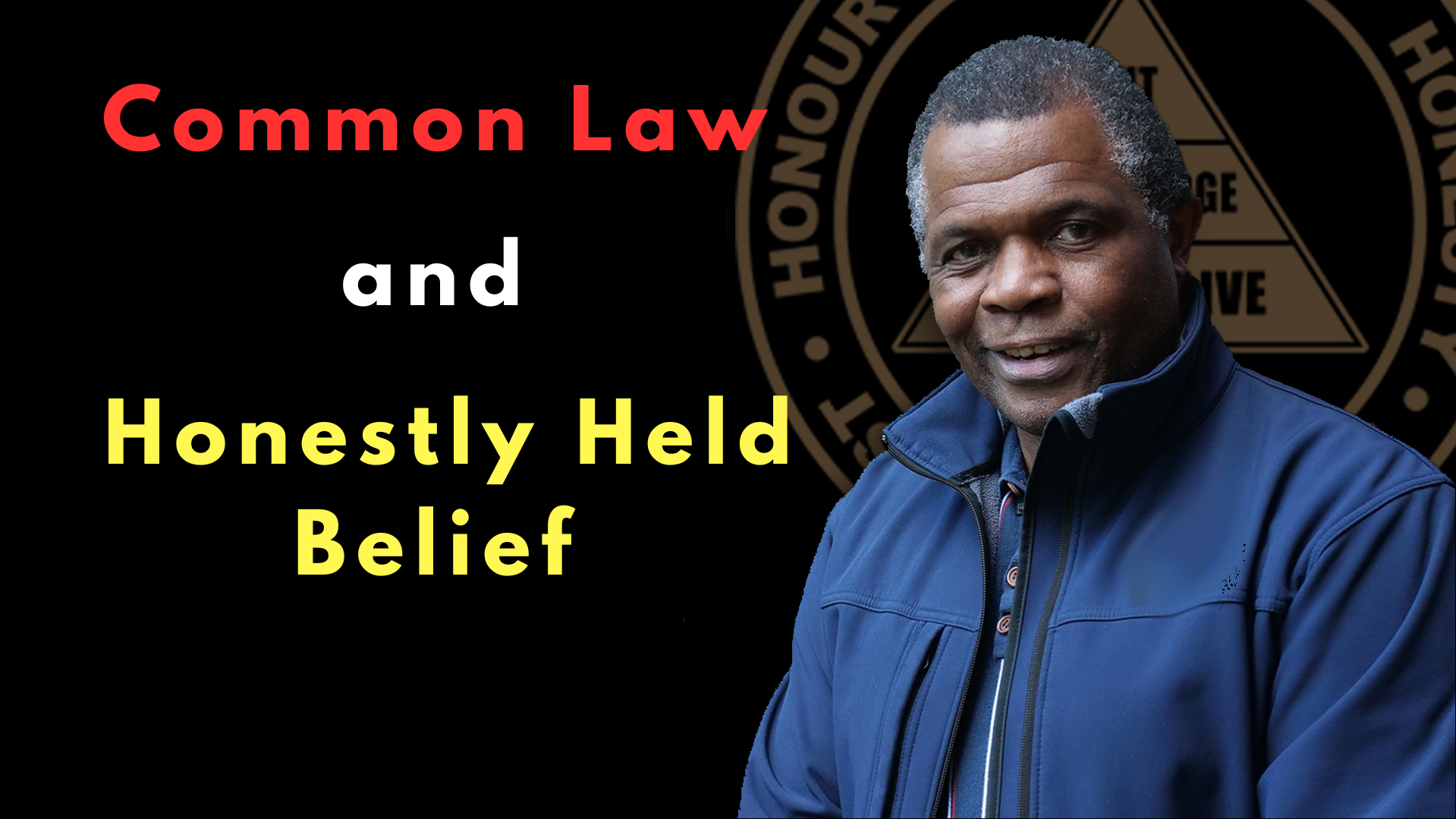Let’s have a look at this complex legal dilemma
Self-defence is a fundamental concept in criminal law, allowing individuals to protect themselves or others from imminent harm and danger.
However, there are situations where the use of force in self-defence results in the death of another person.
In such cases, the law often hinges on whether the defendant genuinely believed they were in danger and whether that belief was reasonable (in the circumstances).
Let’s explores the delicate balance between self-defence, genuine belief, and the legal implications of using deadly force.
We will look at an example where a person’s inability to fully weigh, to a nicety, a situation may still lead to a justifiable self-defence claim under the The Criminal Justice and Immigration Act 2008.
The Doctrine of Self-Defence
Self-defence is a universally recognised principle that allows individuals to protect themselves from harm.
It acknowledges that in certain situations, the use of force may be necessary to prevent injury or death.
To claim self-defence, one generally needs to demonstrate two key elements:
Genuine Belief: The defendant must genuinely believe that they or someone else faced an immediate threat of serious harm or death. This belief must be honestly held, even if it later turns out to be mistaken honestly held belief.
Reasonable Belief: The belief must also be reasonable, meaning that a reasonable person in the same situation would have perceived the threat similarly and responded with similar force.
The Crossroad between Genuine Belief and Justifiable Homicide
In cases where self-defence results in the death of another person, the concept of genuine belief becomes crucial.
Courts must determine whether the defendant genuinely believed they were in danger, even if that belief later appears unreasonable in hindsight.
This principle aims to protect individuals who acted out of genuine fear, even if their assessment of the situation was flawed (i.e. was wrong).
However, it’s important to note that the legal system does not provide blanket immunity for any use of deadly force based solely on a claimed genuine belief.
The belief must be subject to scrutiny, and the defendant’s actions must be evaluated for reasonableness.
A key element of this assessment is whether the defendant had an opportunity to retreat from the threat, as most self-defence laws require individuals to use deadly force only as a last resort.
The Criminal Justice and Immigration Act (example)
The Criminal Justice and Immigration Act of 2008 introduced changes to the law surrounding self-defence.
Under Section 76, The Criminal Justice and Immigration Act clarified the use of force in self-defence and made it easier for individuals to claim justifiable self-defence.
This section states that a person may use such force as is reasonable in the circumstances that they genuinely believe to be necessary for self-defence.
Importantly, The Criminal Justice and Immigration Act acknowledges that individuals may not always be able to weigh up the necessity of a particular situation in the heat of the moment.
The Criminal Justice and Immigration Act recognises that people can make split-second decisions when faced with threats and that these decisions may not always be perfectly calculated.
Therefore, The Criminal Justice and Immigration Act allows for a more lenient assessment of whether a person acted reasonably in the circumstances they genuinely believed existed.
A Home Invasion
Imagine a scenario where a person is confronted by armed intruders in their home.
They genuinely believe that their life is in immediate danger.
In their panic and fear, they react with deadly force, ultimately resulting in the death of one of the intruders.
Under The Criminal Justice and Immigration Act, even if it later turns out that the intruders were not as dangerous as perceived, the person may still have a valid self-defence claim.
The law recognises that in such high-stress situations, the ability to make nuanced decisions can be compromised.
In summary
Self-defence is a complex legal doctrine that balances the rights of individuals to protect themselves with the need to prevent unjustifiable harm to others.
The concept of genuine and honestly held belief plays a pivotal role in self-defence cases where deadly force is used.
While the belief must be honestly held, it must also be reasonable in the circumstances.
The The Criminal Justice and Immigration Act provides a framework that acknowledges the inherent challenges of assessing threats in high-pressure situations.
It allows individuals to claim justifiable self-defence, even when they may not have been able to weigh up the necessity of a particular situation rationally.
In cases involving self-defence resulting in death, the legal system strives to strike a delicate balance, ensuring that those who genuinely believed their lives were at risk can be protected while also upholding the principle that deadly force should only be used as a last resort.
Ultimately, such cases remind us of the intricate nature of the law and the need for careful evaluation of each unique situation.
NFPS offers training for those who are:
- Interested in knowing more about the laws that relate to the use of force.
- Responsible for the management of staff who may have to physically intervene in the workplace.
- Responsible for investigating any use of force incident in the workplace.
- Inspectors responsible for carrying out inspections of organisations against their specific regulatory standards.
To learn more, click here – https://nfps.info/new-level-3-understanding-reasonable-force-course/

